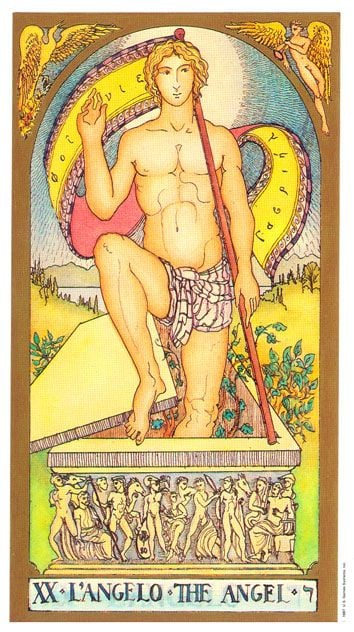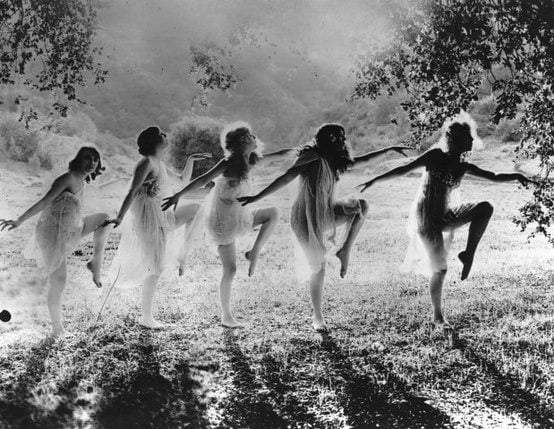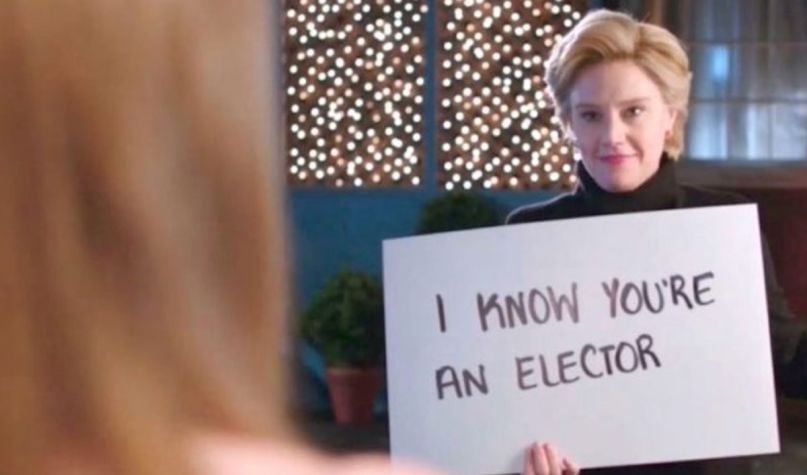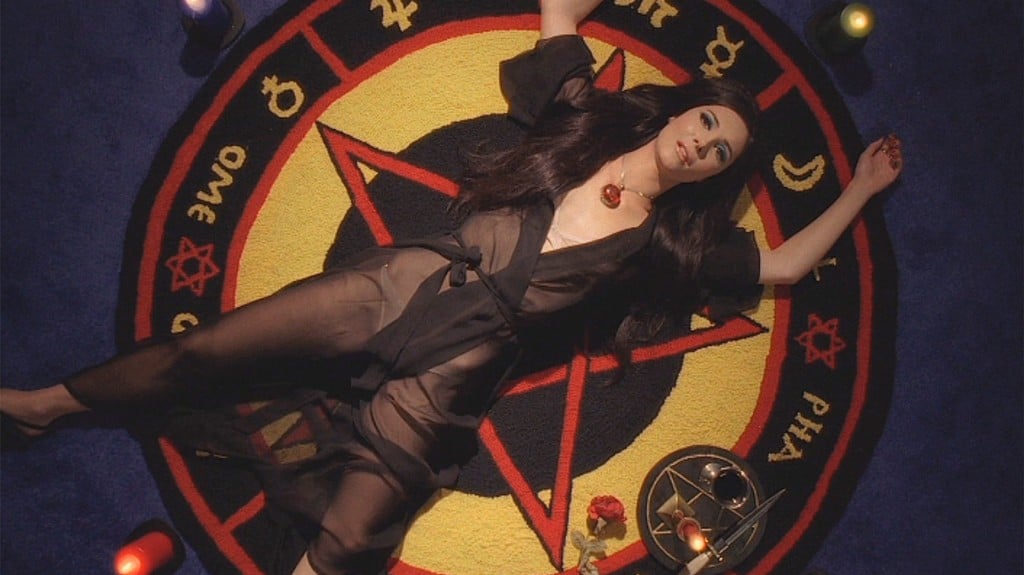Over at The Wild Hunt, and on the Witchvox Facebook page which links to a short review on this pagan blog, there is discussion of a new self-published book by Ben Whitmore, Trials of the Moon: Reopening the Case for Historical Witchcraft,which seeks to critique and question many of the assumptions and statements of Ronald Hutton’s historical examination of the roots of modern pagan witchcraft, The Triumph of the Moon.
I’ve read the (free) download of Whitmore’s book, which is nearly the entire text including footnotes (although not a bibliography). I think there’s a great deal of interesting writing there. But I also noted a number of statements that don’t inspire confidence. By his own admission Whitmore is not an historian, nor even an academic. And this shows in his failure to observe the most rudimentary rules of objectivity and neutrality of stance. (Then again, those rules are flouted by many so-called “scholars” of paganism, too, who are writing under the auspices of the academy; this also troubles me a great deal.)
Whitmore’s writing is also highly conjectured at times, for example:
“Leland’s transcription from the original manuscript still exists, and it appears that he misunderstood some of the dialect Italian and introduced minor errors into the translation. This in itself would, it seems, substantially clear
Leland of doubt.”
HUH? Leland’s shoddy transcription makes him a flawlessly accurate ethnographer? I don’t think so.
Whitmore’s refutation of Hutton’s discussion of the lack of evidence for widespread matristic cults or goddess worship reads thusly: “To take a leaf from Freud, it seems only natural to me that an all-powerful mother figure should appeal
to at least a few people in any era.”
That’s nice, but your personal insights are not proof of anything. That is the difference between what historians do and, apparently, what those who are unqualified to critique them do.
In refuting Hutton’s description of Gerald Gardner’s long list of fraudulent claims about his own pedigree, Whitmore writes: “So, given the interests of his friends and acquaintances, I would be surprised if a man of Gardner’s leanings hadn’t been a Co- Freemason and a member of the Holy Royal Arch.174 He certainly would have been foolish to falsify this degree to Aleister Crowley, who could easily test him.”
Again, HUH? HUH?, I say.
Regarding Dorothy Clutterbuck, and Hutton’s claims that her diaries don’t reveal any explicit evidence of pagan or occult belief, Whitmore opines: “Is this really the Church stalwart Hutton has portrayed? ‘Simple, kindly, conventional and pious’? True, witchcraft is never explicitly mentioned in the diaries, but then, Dorothy intended them to be viewed by her visitors. I think their ‘relevance to paganism’ is worth a more careful look. We may possibly gain a further insight into them by comparing them with the writings of Katherine Oldmeadow, who lived near Dorothy and was her best friend. Dorothy always intended the diaries to be given to her, and she received them upon Dorothy’s death.”
Soooooo…Whitmore is saying we should read into Dorothy’s diaries, inferring things that aren’t there, by assuming that what is written in her best friend’s diary is somehow closer to what Dorothy actually meant to say?
Generally, Whitmore’s writing is readable and engaging, and often insightful. But at other times, it’s maddeningly vague: “Ultimately, it remains entirely reasonable to ask whether paganism has survived to the present day, and whether witchcraft is one expression of that paganism — reasonable, that is, given certain (entirely reasonable) usages of the terms ‘paganism’ and ‘witchcraft’. Hutton’s usage differs, and there our ways part.”
Hutton’s usage differs…from what, exactly? Your own? Please say so, then.
Whitmore continues on, in what is perhaps the most self-serving and cluelessly-narcissistic passage in the book, a passage that proves for good and all that one’s own personal religious beliefs must never be invoked if one is to be taken seriously in a critical context:
“One point Hutton and I certainly agree on is that Wicca and its various off-shoots have value regardless of their origins. As a priest of the Goddess and God no historian can take away what I’ve learnt and experienced, or the joy and wisdom I’ve found within the Craft. I’m well aware that the founders of our religion were flawed people (as am I), and yet they have bequeathed to us a thing of great value.
And here is one of the mysteries that priesthood reveals to us: through our training we become more sensitive to the faults and oddities of the human personality — our own and others’ — and yet we also begin to see how this imperfect human vehicle can paradoxically express divinity, and be a channel for great inspiration, energy and beauty. Sincere or cynical, having once offered our service to the Gods there is every chance that we will deliver, and wittingly or unwittingly be drawn to their work. The founders of our cult were imperfect, and Hutton is imperfect too; and if ever Hutton was inspired to honour the Goddess in some way, I think She has taken him up on the offer: he says his book is a triumph for the Moon, and perhaps it shall prove so, for it stands as a challenge to all the Craft, an incitement to us to seek the real truth.”
Let me get this straight: you’re saying the gods, in their infinite wisdom, set Hutton’s book before you as an opportunity, nay, an incitement, to expose its flaws so you could reveal the “real truth” to the rest of us?
Wow. Just, wow.











